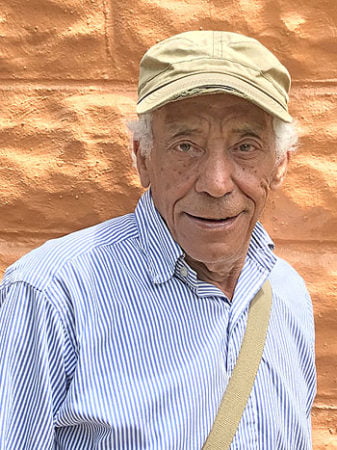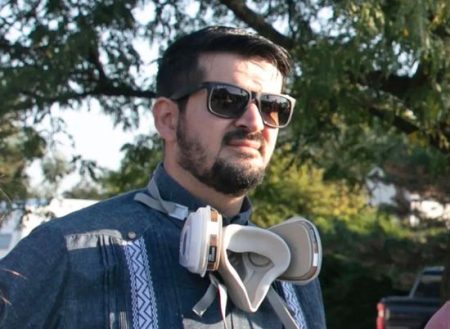There Are No Guarantees
by Johnnie Grant –
Unexpected circumstances can lead to poverty.
When we think about poverty in America, we tend to think of those who suffer from mental illness, or from drug or alcohol addictions living under a bridge or in a shelter.
And that raises a question: What does it mean to be poor in America today?
The prolonged economic recession that began in 2007 forced uncounted Americans into poverty, both directly and indirectly. Millions lost jobs, and tens of thousands lost homes when they fell behind on mortgages. Others became poor and homeless by a more indirect route: families which—as long as a paycheck came in—tolerated problems such as spousal abuse, alcohol or drug addiction, and finally reached a breaking point when poverty loomed. Broken relationships led to broken lives and families; very frequently, the wife was the major loser.
Whether the reason for poverty is the failure of trickle-down economics, family issues, or lack of opportunities for jobs or retraining, the issues underlying poverty are not always what they seem. Nor are the people who find themselves suddenly, unexpectedly impoverished and, often enough, homeless.

Nancy
“Picture a brick home with a pool, hot tub, and a camper parked in the side yard … along with three other vehicles. This was my life, with three bright kids, a wonderful husband and a family that I loved dearly. That WAS my life,” said Nancy.
Her life took an unexpected turn when she injured her back working as a CNA.
“Life forced me to keep working through the pain to help provide for my family. As women, we’re always expected to handle life’s unexpected situations and be in control. We never envision not having that same level of support when we need it. I was totally lost and confused about how to regain control of my life while dealing with my own chronic medical condition, so I remained silent and self-medicated. Life went downhill after that. I lost my home, family, and everything I owned and love. I keep in touch with one of my children because I have a cellphone, but now I’m homeless,” she concluded.
And that’s a big difference for impoverished people today. They might have a cellphone, but people can be more disconnected than ever from all the social networks that could help them through life.
The Graying of Poverty: Justice in Aging
Among the most heartbreaking sight is that of older adults living in poverty and on the streets. The emergence of a poorer, older population is creating daunting challenges for the fight against poverty and the problem of senior poverty; homelessness is expected only to worsen in the coming years.
By 2030, more than 74 million Americans will be 65 or older. They are the long-anticipated bubble of the Baby Boom generation born between 1946 and 1964.
Many of them, for a variety of reasons, do not have sufficient savings, reliable pensions, or other resources to maintain a life of dignity in their old age. Some found that “guaranteed” pensions have disappeared as former employers have been swallowed up by conglomerates. Some failed to make sufficient provision for old age, and some found their resources depleted or lost altogether due to an unanticipated life event: dealing with an adult child’s addiction, taking care of their own parents, bankruptcy, and, most commonly, impossible medical bills.
Still others, like Hafid, who expected to continue working and still want to work, find that life and technology have passed them by.

Hafid
“Life was good,” said 71-year-old Hafid. “I am a hard-working person, a professional photographer and musician; but recently things haven’t worked out for me. Work was good until the digital age of photography and computer-generated music caught up with me; now, I’ve been unable to get work,” he said. “Once you are in poverty and homeless you are constantly in survival mode. You think about how to stay warm, what to eat, and where to stay,” said Hafid.
“I was told I can’t get an apartment because I owe a 30-year-old student loan. Coupled with that is the bureaucracy of having to pay an application fee to get an apartment. For a senior citizen on a fixed income it’s a total nightmare! These are some of the many circumstances that make my life very difficult.”
Without a doubt, these challenges will only be compounded by the growth in the overall senior population. Aging in place and independent living should take priority for our senior citizens rather than condemning them to a harsh life of living on the streets.







